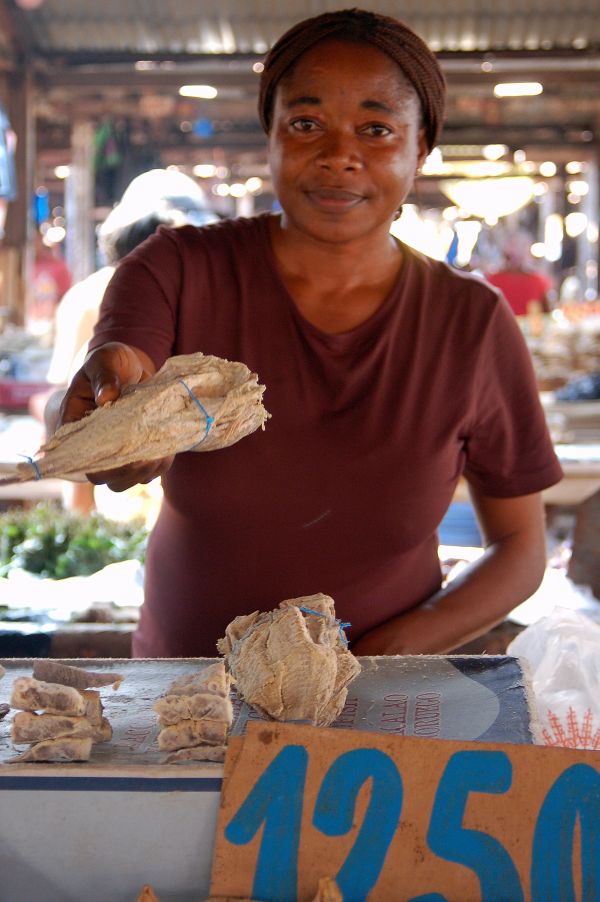We are gearing up for an exciting fall. As the educational year gets into full swing, we’ll be taking advantage of a number of opportunities to educate new audiences on the transformational power of microfinance.
HOPE is especially excited about Sunday, October 18. We’re launching Give HOPE Sunday, a national campaign retrofitted just for churches. We’re aiming to break down the perceived barriers that exist between churches and this new mission field of Christ-centered microfinance. We’re claiming that missionaries can be bankers and affirming that for the three billion people living in poverty on this earth, there is Good News: God cares for His children’s physical and spiritual condition. For Give HOPE Sunday, we’ll happily provide sermon points for pastors, bulletin inserts, posters, videos, and other supporting materials to help your church explore God’s heart for the poor. If you are a pastor seeking ways to encourage your congregation to reach out to the world’s poorest people or if you are a layperson seeking a chance to share your love for what HOPE International is doing, then host a Give HOPE Sunday.
Even before Give HOPE Sunday gets underway, we’ll be heading down to the Catalyst Conference in Atlanta on October 7 to hear some great speakers and to leave our mark as well. HOPE International President Peter Greer will be launching his new book The Poor Will Be Glad. We are brimming with excitement over the book launch! God is creating paths for our message, and people are responding. We’re also excited for an opportunity Peter will have to introduce conference participants to microfinance in a radical and personal way. Stay tuned to hear more!

















